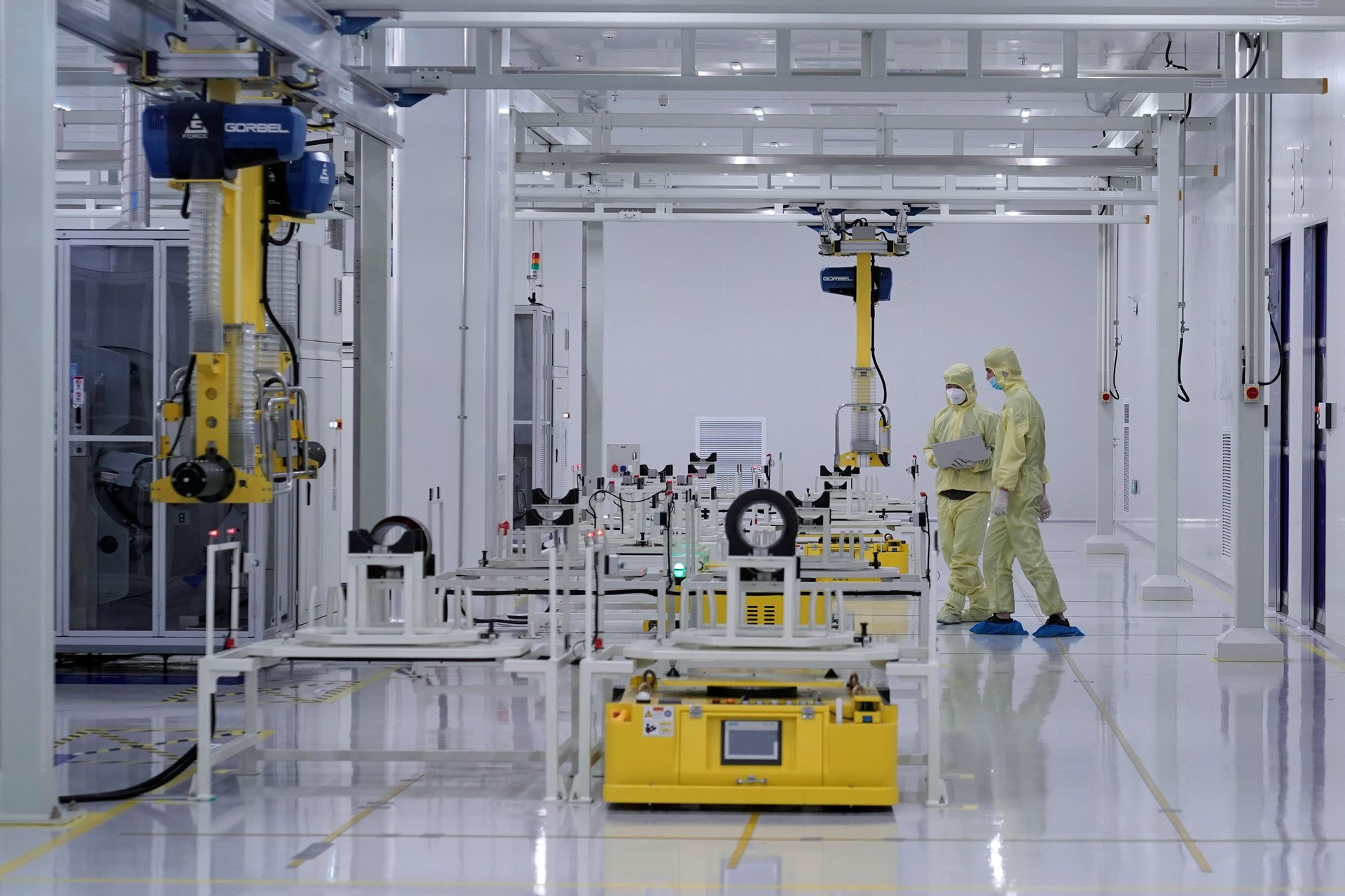Chinese battery investments in Europe nearly tripled in 2022
France, Germany, Hungary, and the UK all received major investments by Chinese battery makers

Chinese outbound investments fell to an eight-year low in 2022. The decline is especially steep in Europe: Chinese foreign direct investment (FDI) in the 27 EU member states and the UK plunged to a decade low, according to data compiled in a new report by the consultancy Rhodium Group and the German think tank Mercator Institute for China Studies (MERICS).
Suggested Reading
But that doesn’t mean China has taken its eyes off of Europe. While the drop in Chinese FDI in Europe was largely driven by a lethargy in Chinese mergers and acquisitions (M&A), greenfield investments by Chinese firms have remained relatively stable. And, for the first time since 2008, the value of Chinese greenfield investments have exceeded that of M&A flows.
Related Content
EV battery plants are driving Chinese investment in Europe
The rise in greenfield investments was mainly driven by several large-scale initiatives by Chinese battery giants to build factories in Germany, Hungary, the UK, and France. Last year, for example, major Chinese battery makers including CATL and Svolt announced major expansions in their European production capacity.
“Europe has become a key part of China’s global electric vehicle expansion,” the Rhodium report found. “Battery investments are now the mainstay of Chinese investment in Europe.”
For Europe, these come as a double-edged sword. The ramp-up in EV and battery production capacity will help the bloc meet surging demand for electric cars and eventually phase out internal combustion engines. But it also deepens Europe’s dependence on Chinese technology and manufacturing, even as the EU works to build its own battery supply chain.
China is witnessing a “magnificent transition” in its auto industry
Meanwhile, Beijing is celebrating the rise of its EV and battery industry as a vindication of the past decade’s industrial policies targeted at the domestic automotive sector. That the EU is welcoming battery plants built by Chinese companies is seen as a sign that Chinese automakers have overtaken legacy incumbents like Volkswagen and Mercedes-Benz.
China’s auto industry, the state-run People’s Daily said in an editorial last month (link in Chinese), has “overtaken on the bend” and is making a “magnificent transition” from “using its market in exchange for technology, to using technology in exchange for market.”
